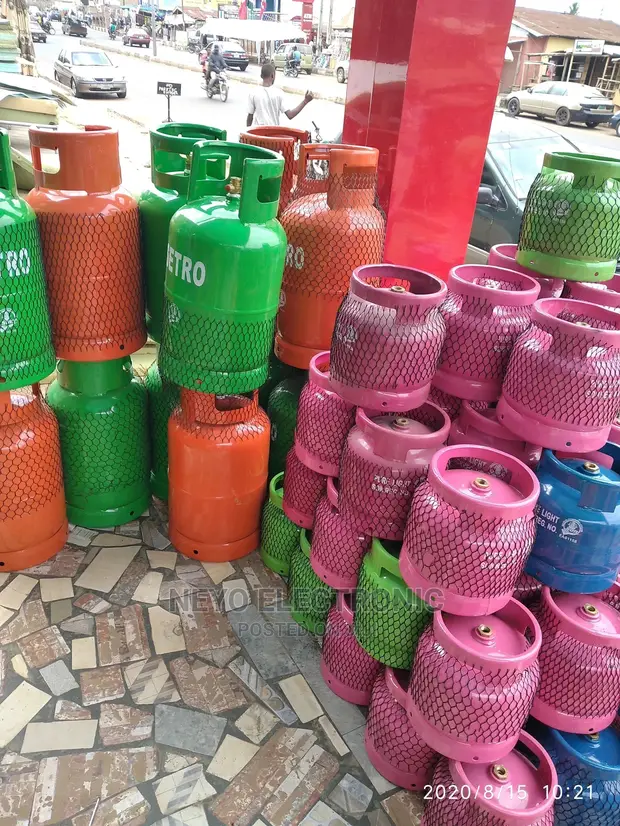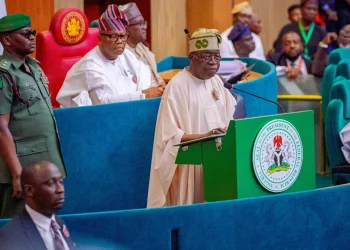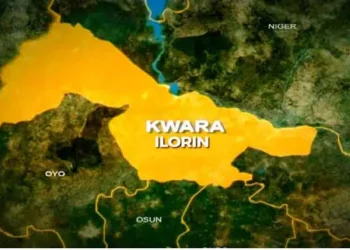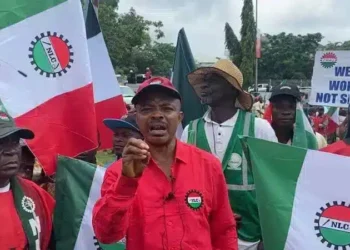The National President of the Nigerian Association of Liquefied Petroleum Gas Marketers, Oladapo Olatunbosun, has assured Nigerians that the ongoing scarcity of cooking gas will be resolved by the weekend.
Olatunbosun provided the assurance on Wednesday during an appearance on Channels Television’s The Morning Brief, where he explained the factors responsible for the current supply disruption.
According to him, the scarcity resulted from a combination of issues, including the recent industrial dispute between members of the Petroleum and Natural Gas Senior Staff Association of Nigeria and the Dangote Refinery, maintenance work at the Dangote facility, and the activities of middlemen in the supply chain.
The NALPGAM president traced the sequence of events that led to the current situation, noting that before the strike, Dangote Refinery was dispatching approximately 50 trucks of LPG daily, which adequately served the South West and parts of the North.
“About a year and a few months ago, one kilogram of gas was between ₦1,200-₦1,300, but it recently came down due to the production by Dangote. Dangote eliminated middlemen, and that made gas to land at a reasonable price,” he explained.
However, problems began when Dangote commenced renovation and maintenance work, which significantly affected loading operations. Olatunbosun said trucks began spending as long as 14 days at the Dangote yard waiting to load products, forcing marketers to switch to alternative supply sources in Apapa.
“When Dangote finished renovation, and we were about to commence full loading, the strike came in. Although Dangote didn’t stop production, everybody had rushed to Apapa, and it was now out of product, and all the depots there were dry,” he said.
The situation worsened when a vessel from NOJ Axes meant to supply the depot could not berth due to the strike. Even after berthing, inspection officers were unavailable because of the industrial action, causing approximately five days of delays that created a significant backlog.
“Now that the strike is off, the product has been discharged, and they are trucking out. But because everywhere is dry and the South West is the only place that consumes the largest amount of LPG in Nigeria,” Olatunbosun noted.
The NALPGAM president assured that operations have resumed with trucks now loading and moving products across the country. He stated that the price per kilogram should not exceed ₦1,300.
Olatunbosun attributed some of the inflated prices to third-party sellers who extend the supply chain, warning that purchasing from such sources is illegal and comparable to buying petrol from the black market. He clarified that gas plants are selling at a maximum of ₦1,300 per kilogram.
He also highlighted Nigeria’s growing gas consumption, which has increased from 1.3 million metric tons per annum two or three years ago to nearly 2 million metric tons currently, reflecting a surge in demand.
“We are trying to get the products down to people, and NLNG is also trucking. By the weekend, the scarcity will fizzle out,” Olatunbosun assured.




















